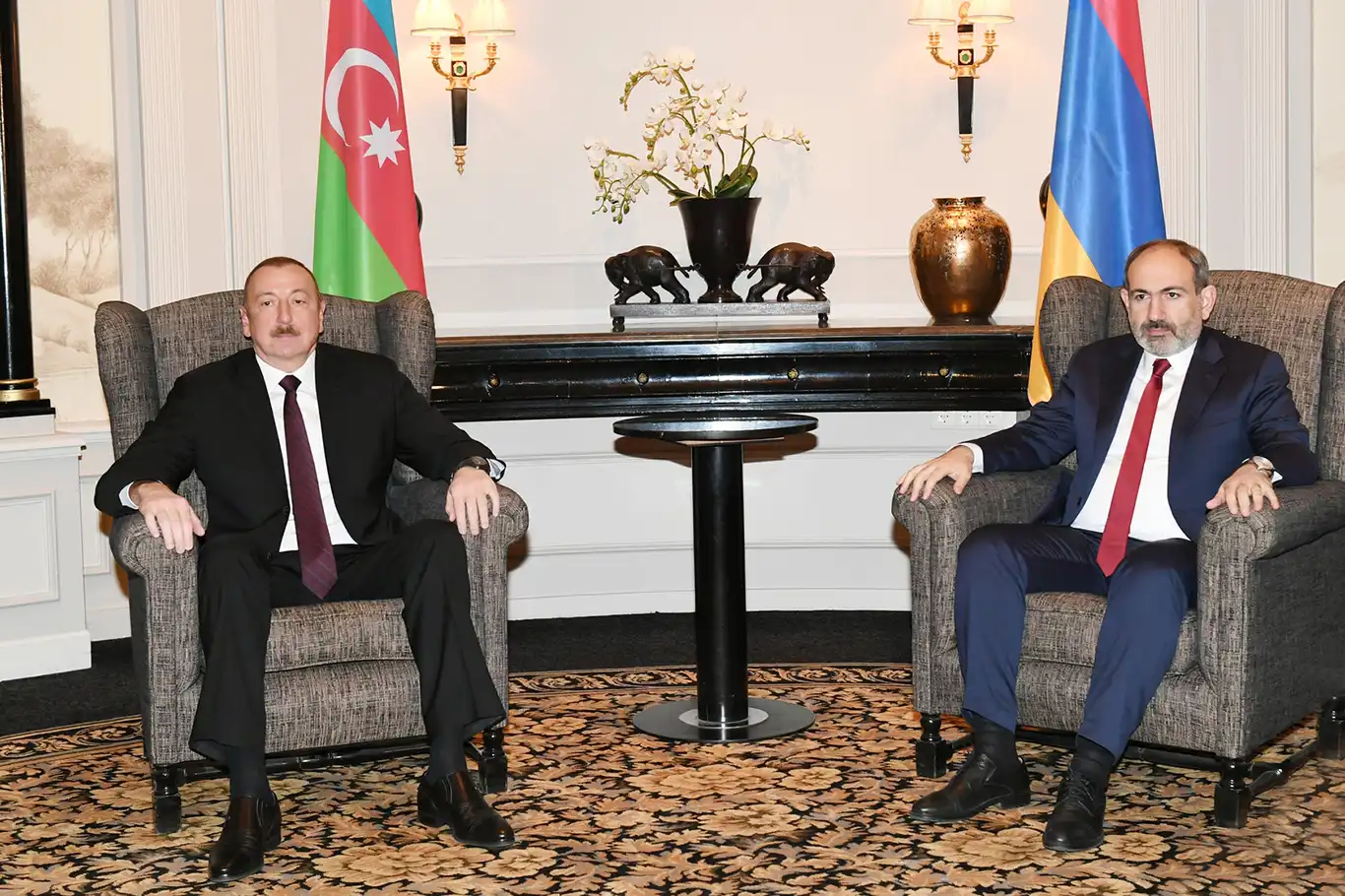Hope rekindled for Armenia-Azerbaijan peace as leaders meet in Munich


A glimmer of hope emerged for lasting peace in the South Caucasus as Armenian Prime Minister Nikol Pashinyan and Azerbaijani President Ilham Aliyev met in Munich on Saturday.
Facilitated by German Chancellor Olaf Scholz, the high-level meeting on the sidelines of the Munich Security Conference aimed to advance stalled peace talks between the two nations.
This latest development follows years of simmering tensions and renewed clashes between Armenia and Azerbaijan, primarily surrounding the disputed Nagorno-Karabakh region. Both sides have suffered significant losses in recent conflicts, highlighting the urgent need for a peaceful resolution.
The meeting focused on concrete steps towards a comprehensive peace treaty, encompassing normalization of relations, regional stability, and security guarantees. While official statements didn't divulge specifics, the leaders' agreement to continue negotiations indicates potential progress.
Chancellor Scholz played a crucial role in bringing the two leaders together and emphasized the urgency of reaching a settlement. He reiterated Germany's, and by extension the European Union's, commitment to supporting the peace process through various means, including the ongoing efforts of European Council President Charles Michel.
Furthermore, Pashinyan and Aliyev reportedly reaffirmed their commitment to exclusively pursuing peaceful means to resolve outstanding issues, a significant step towards de-escalation and building trust. This commitment, if adhered to, could pave the way for a more constructive dialogue and concrete actions on the ground.
Prior to the trilateral meeting, Pashinyan held a separate discussion with Scholz, focusing on regional peace initiatives and strengthening bilateral relations between Armenia and Germany. This underscores the broader international involvement and support for achieving a lasting peace in the region.
While challenges remain, the Munich meeting marks a positive step forward in the Armenia-Azerbaijan peace process. The renewed commitment to negotiations, coupled with international support, offers a crucial opportunity to finally end the long-standing conflict and usher in a new era of cooperation and stability in the South Caucasus.
However, sustained efforts and continued international engagement will be crucial to translate this newfound momentum into a permanent peace agreement. Only time will tell if the leaders can overcome historical grievances and forge a lasting settlement for the benefit of their people and the wider region. (ILKHA)
LEGAL WARNING: All rights of the published news, photos and videos are reserved by İlke Haber Ajansı Basın Yayın San. Trade A.Ş. Under no circumstances can all or part of the news, photos and videos be used without a written contract or subscription.
Thailand on Tuesday said Cambodia must be the first to formally announce a ceasefire to halt more than a week of deadly fighting along their disputed border, as renewed hostilities continue to displace hundreds of thousands and raise regional alarm.
The Islamic Resistance Movement, Hamas, has strongly condemned Israeli Prime Minister Benjamin Netanyahu’s storming of the al-Buraq Wall Plaza, along with renewed settler incursions into the courtyards of the al-Aqsa Mosque, describing the actions as a dangerous and provocative escalation.
Turkish President Recep Tayyip Erdoğan has warned that recent military escalations in the Black Sea pose a serious threat to maritime security, urging both Russia and Ukraine to refrain from targeting commercial and civilian vessels, warning that such actions will benefit no one.
At least 15 people were killed and 48 others injured in a devastating chain-reaction traffic accident in northern India after multiple vehicles collided on a major highway in Uttar Pradesh, authorities said.